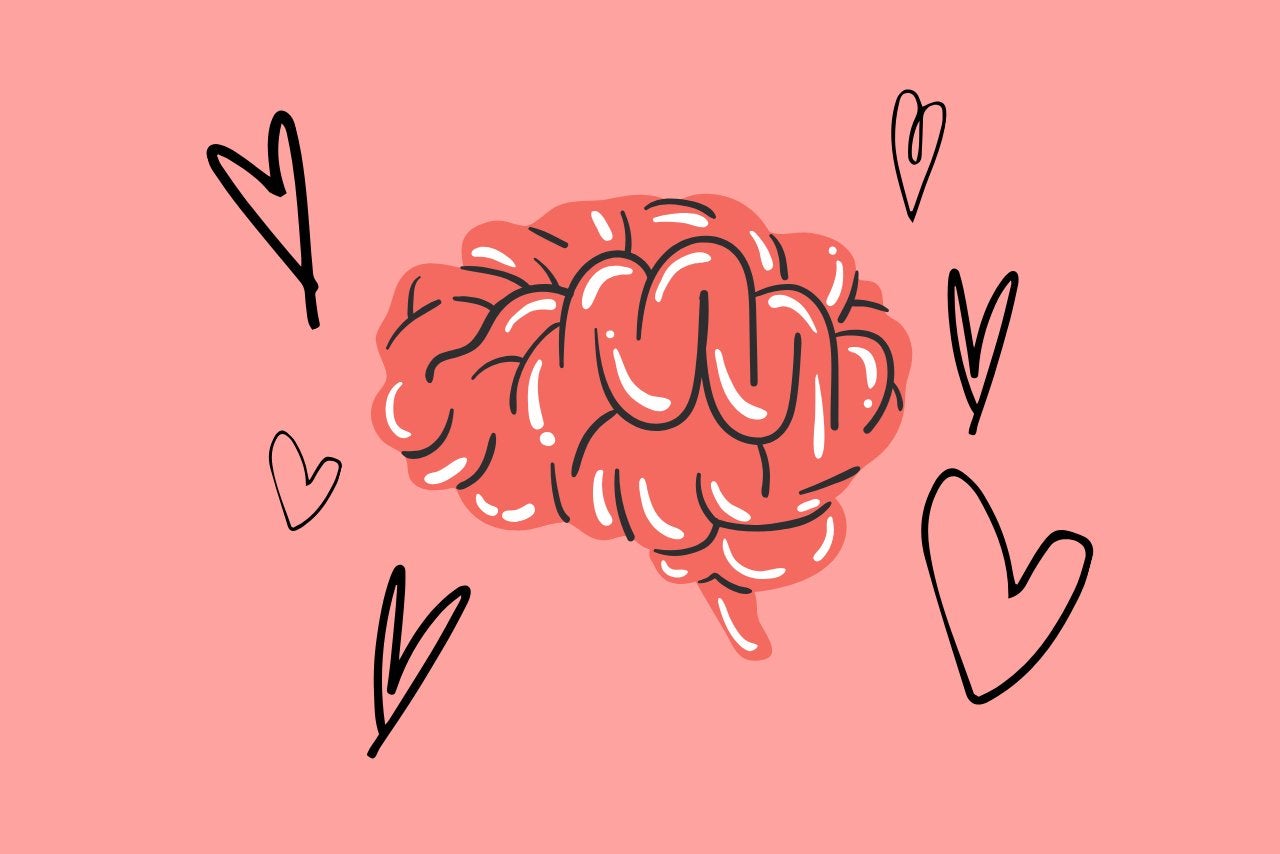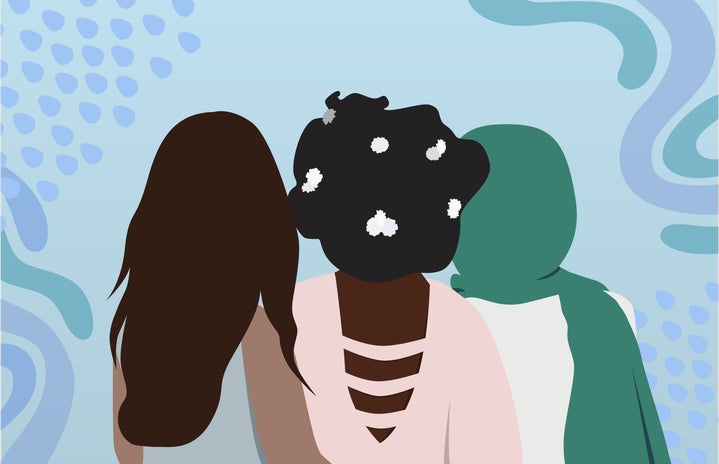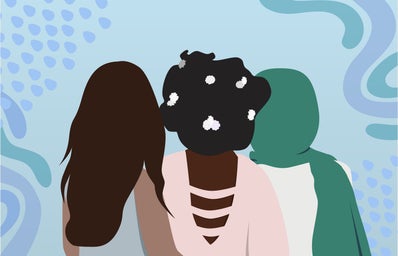So much of our lives revolves around making it to whatever we have set next. We are always looking to the next milestone, always looking to the next goal to be achieved. You just turned 18? 21 is coming up! You just graduated college? Now you’re an adult and need to get a full-time job! It’s always about what happens next, what more is left to do ’till we can say we have made it. Life is a marathon.
But what happens when you apply this mindset to your mental health or to recovery? What happens when you’re always thinking of a finish line?
In mainstream conversations around mental health and wellbeing, the idea of healing and recovery has been warped into some kind of easy checklist with a linear progression: you get diagnosed, you go to therapy or get prescribed medication and then you’re better. However, as I’m sure many people who struggle with their mental health can attest, it is not that simple.

Healing is messy. Recovery is complicated. There are ups and downs, ebbs and flows, one step forward and three steps back because our brains are intricate and persistent. Psychological research supports this stance. One 2007 study published in the peer-reviewed journal Clinical Psychology Review states, “Although change can happen in a gradual and linear way, there is increasing evidence from across disciplines that it can also occur in discontinuous and nonlinear ways”. They go on to conclude, “In post-traumatic growth, life transition, and psychotherapy, destabilization often occurs in the context of emotional arousal which, when accompanied by emotional processing and meaning-making, seems to contribute to better outcomes.” In other words, certain life events can prevent progression in recovery or even trigger a relapse. However, this does not mean healing halts entirely. Rather, a part of the healing process is to adapt and keep going.
Lily Bailey, a journalist and the author of Because We Are Bad: OCD and a Girl Lost in Thought, a book about her experiences with OCD, echoes this sentiment in a blog post on Psychology Today. She reflects on how she feels obligated to give positive answers to questions about her mental health when she doesn’t feel confident in those answers. She writes, “I have found that while people are becoming more comfortable talking about your mental health problems that are now in the past, the idea of on-going ‘issues’ may send your conversational partner running. People love to congratulate you on your amazing recovery. They find it harder to listen when the going gets rough.” In perpetuating the idea that recovery is linear, even a well-meaning public can contribute to the stigma around mental health. By assuming someone is “better” simply because they went to therapy or were prescribed medication, we can cause harm by creating an environment in which someone does not feel comfortable being honest about their mental state. Bailey encourages more sincerity and intention in day-to-day exchanges writing that she will answer with, “Being better is great. I’m not totally recovered though. Sometimes I have terrible days. I am still ‘journeying’, as you Martians call it, and I have a lot to learn” when she is asked if she is “better.”
Personally, I have had to reassure myself quite often. We all carry some baggage. My mental health feels cyclical, and “bad brain days” are inevitable. There are days when I feel fine and others in which getting out of bed and getting work done is an uphill battle. My healing process, in general, has often felt incomprehensible; I’m not sure where I stand in regard to some of the things I know I need to work through, though I also know I’m doing better than I was when I was a teenager. I am comfortable talking about the past but not ready for therapy. Occasionally, old destructive habits intrude on my thoughts or I feel like I will never know a time in which I would consider myself okay. Through it all, I remind myself, this is not meant to be a straight line, this is not a checklist to get to the end of.
Healing is nonlinear. It is continuous and it is subjective. But what is important to note, is that it is not Sisyphean. Sometimes, having no end in sight can feel hopeless. But if I have learned anything, it is to allow myself to feel what comes and work with the ebbs and flows of my mind when I need to. There will be good days and there will be bad days. There will be days that are okay and days that are not. There is no finish line that we can cross to mark us as “better” or “recovered.” Recognizing this is a kindness we do ourselves; we allow ourselves to heal as we need, not as we “should.”
Take care of yourself as you need. This life is not a race. You do not need to be hurtling towards whatever is next. If your mental health journey resembles a maze rather than a track, that’s okay. Take your time. And always remember that healing is nonlinear.




